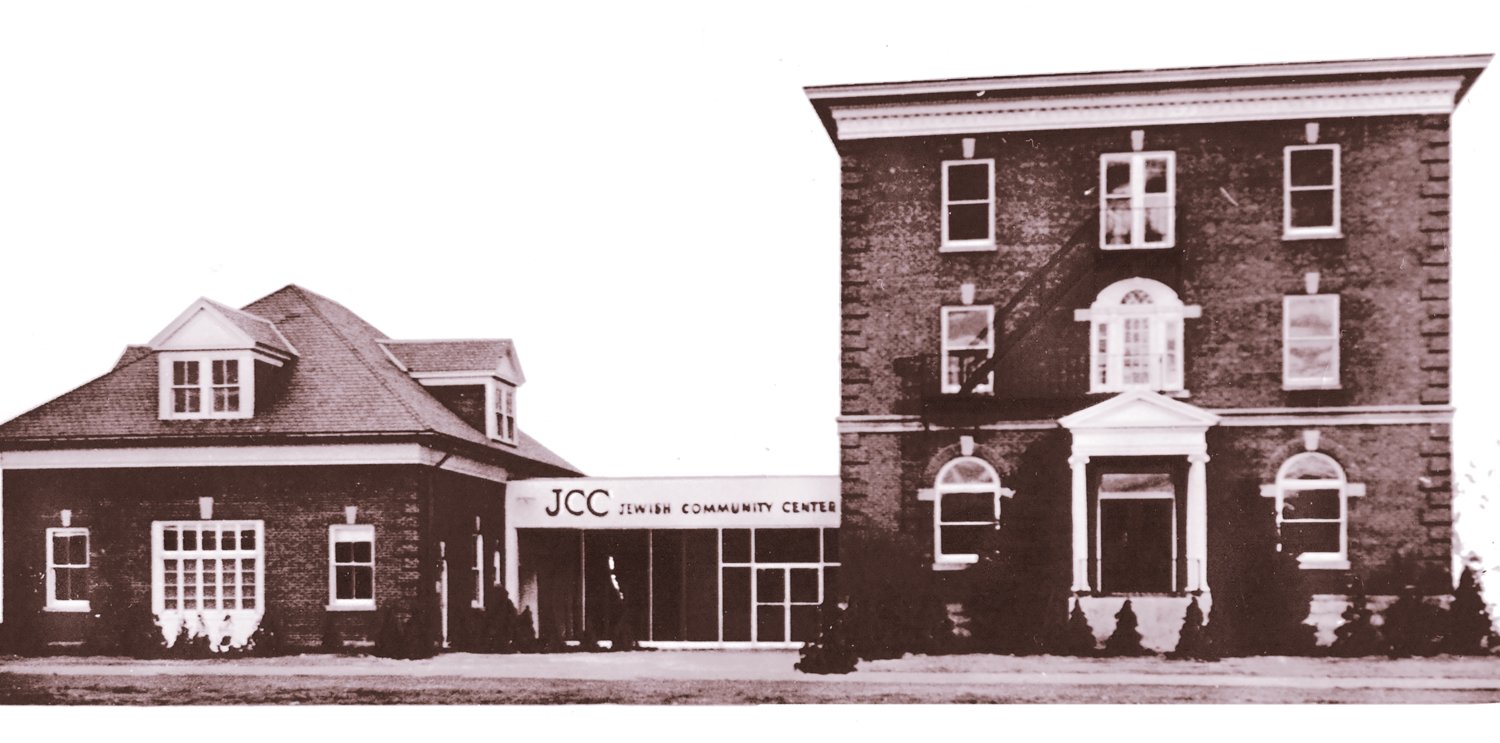Providence JCCs from years gone by
Before the Alliance’s Dwares Jewish Community Center opened its doors on Elmgrove Avenue in Providence, there was a JCC on Sessions Street – which replaced the JCC at 65 Benefit St.
Almost as far back as its dedication in 1925, the Benefit Street JCC had its detractors, in large part because of its location. A site in downtown Providence would have been preferable to the Benefit Street site (which was the former home of the Hebrew Educational Institute), and more suitable as the center for the social and cultural programs of the Jewish community.
Just nine years later, in 1934, a survey by the National Jewish Welfare Board underscored the vital need for a more desirable location and better facilities if the agency was to meet the needs of the community. Once again, there was debate, but no decisive action.
An expansion and renovation in 1940 was a temporary palliative. Over time, the deficiencies of the building became more obvious. It lacked adequate room and yard space. The aging physical plant required costly repairs. The site was not easily accessible by public transportation, and parking was a problem.
By 1949, a move had become imperative. But to where?
At about that time, the city of Providence’s administration announced its intention to dispose of the abandoned Sessions Street police station. The site, located in the midst of the largest Jewish population in the state, seemed most desirable for a community center.
In 1950, after much study and discussion, the JCC’s board submitted a proposal to the city for an exchange of properties – the land and buildings at 65 Benefit St. for the police station property, which included a garage, field house, playground and a portion of a field with unoccupied Browntown buildings that were slated to be demolished. (Browntown was housing built after World War II for married veterans studying at Brown University under the GI Bill of Rights.)
Providence Mayor Walter Reynolds favored the plan, and, after meetings with various city boards, the transaction was approved in mid-April 1951. A limited campaign was then launched by the JCC to raise funds for renovations.
The Jewish Herald in March 1952 carried ads inviting the populace to reserve April 20 for “A COMMUNITY SIMCHAH!,” “a celebration and open house of our beautiful new Jewish Community Center.”
The site formerly occupied by the garage now housed an auditorium wing connected to the main building by a glass-enclosed lobby. The transformed field house had become a play school for preschoolers. A ball field replaced the vacant space; the JCC could now have softball teams (in which Harold Foster happily participated) and could compete with other leagues.
The facility lacked a gym, but an agreement with the Providence School Department allowed the JCC use of the facilities at Nathan Bishop Junior High School for physical activities, including basketball teams (on which Harold Foster happily competed). A wished-for health club became a reality two months later thanks to a generous donation.
The formal dedication of the Sessions Street JCC took place in the new auditorium on a Sunday night. City and state officials brought greetings and congratulatory messages. Following the ceremony, the star attraction, Molly Picon, accompanied by her husband, playwright and humorist Irving Kallisch, entertained in the Nathan Bishop auditorium. It was a packed house, according to a contemporary report. Picon, “the darling of the Yiddish Theatre,” was well known to Rhode Island audiences through her frequent appearances at local venues.
The “Community Simchah” continued for a week, with open-house tours and performances throughout. It was deemed a great success, with high attendance and enthusiastic comments.
Yet despite all the festivities and accolades, one question remained: Would the new JCC meet the needs of the next generation?
GERALDINE S. FOSTER is a past president of the R.I. Jewish Historical Association. To comment about this or any RIJHA article, contact the RIJHA office at info@rijha.org or 401-331-1360.








